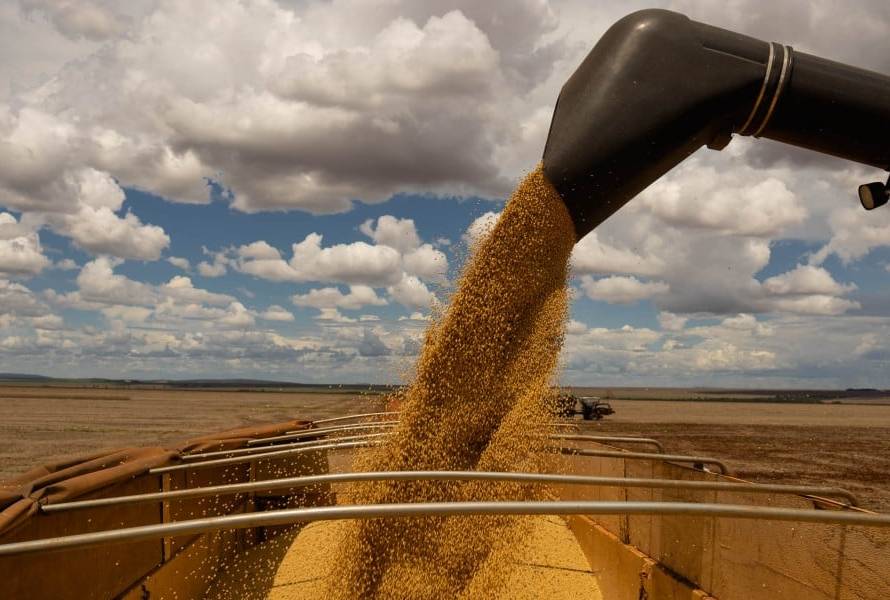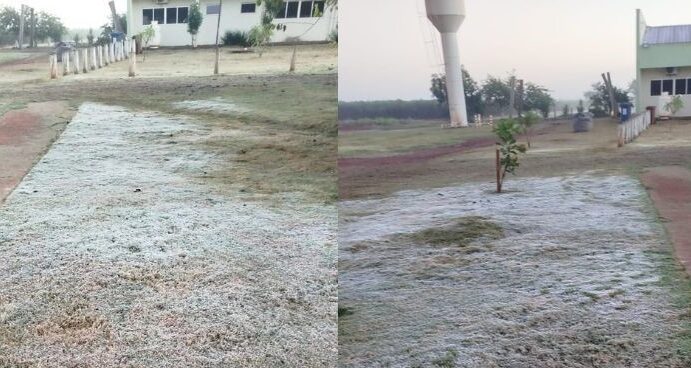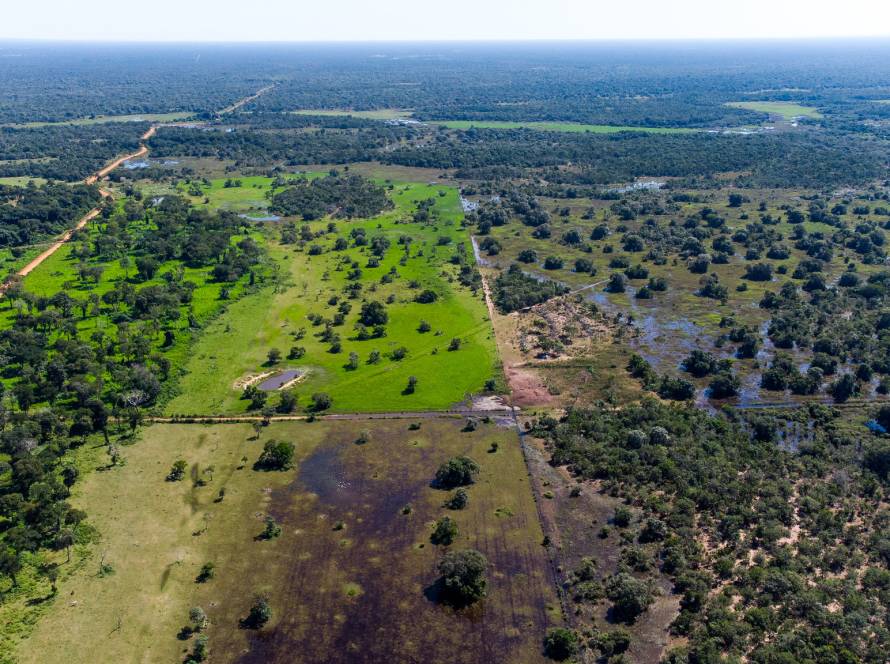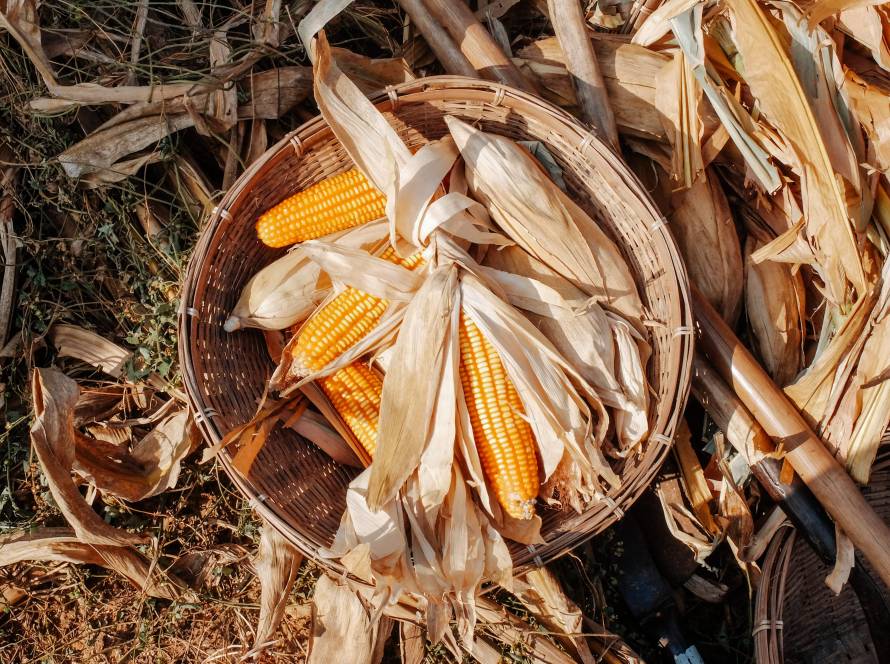The members of the Agro MT Forum — composed of the entities Federation of Agriculture and Livestock of Mato Grosso (Famato), Organization of Brazilian Cooperatives of Mato Grosso (OCB/MT), Mato Grosso Association of Cotton Producers (Ampa), Association of Breeders of Mato Grosso (Acrimat), Association of Seed Producers of Mato Grosso (Aprosmat) and Association of Swine Breeders of Mato Grosso (Acrismat) — met on the morning of Tuesday (22/04), in the meeting room of the presidency of Famato, to discuss strategic agendas related to the rural production sector of the state.
The monthly meeting was scheduled to discuss land regularization in the border area, interstate cattle transfer and approval of the financial statements for the 2024 fiscal year, which were unanimously approved by the members present.
Representing Famato, the president Vilmondes Tomain, the directors Robson Marques (Administrative and Financial) and Ronaldo Vinha (Institutional Relations) participated, in addition to the superintendents Cleiton Gauer (Famato/Imea/AgriHub) and Marcelo Lupatini (Senar-MT), and the legal manager Rodrigo Bressane.
One of the main points destroyed was the mandatory ratification of rural property titles located in the border strip, as established by Law No. 13,178/2015. The border strip comprises an area up to 150 km wide along Brazil's land border. According to the legislation, real estate records of properties titled by the State of Mato Grosso — especially those issued by the Mato Grosso Land Institute (Intermat) — must be ratified to maintain their legal validity.
“Our goal is to raise awareness among producers about this need, so that they can carry out the ratification procedure. Otherwise, the land registration will revert to the property of the Union, creating more problems for the producer. It is important to emphasize that there is a legal deadline for the ratification of areas above 15 fiscal modules, which runs until October 2025,” highlighted the president of Famato, Vilmondes Tomain.
Another topic discussed was the transfer of cattle between states under the same CPF, a demand that generated doubts among producers and that needs greater clarity and regulation, in order to avoid logistical and fiscal problems in the livestock sector.
FPA – Following the Forum meeting, a meeting of the Parliamentary Front for Agriculture (FPA) of the Legislative Assembly of Mato Grosso (ALMT) was held, which was attended by Governor Mauro Mendes, state deputies — among them Carlos Avallone, Dilmar Dal'Bosco, Diego Guimarães, Thiago Silva, Gilberto Cattani, Valmir Moretto, Nininho and Wilson Santos —, as well as leaders such as Silvio Rangel (president of Fiemt) and José Wenceslau de Souza Júnior (president of Fecomércio-MT). The State Secretary of Economic Development, César Miranda, also participated.
The main topic of discussion was the presentation of the “Custo Mato Grosso” project, a study developed by the Industry Observatory, which adapts the “Custo Brasil” methodology to the reality of Mato Grosso. The survey considers indicators from 12 key areas that impact the competitiveness of local companies, with the aim of providing the State with strategic data and assisting in the formulation of external public policies to improve the business environment.
“The project seeks to map bottlenecks that directly impact the attraction of investments, the operating costs of companies and the creation of development opportunities for Mato Grosso”, explained president Silvio Rangel.
During the meeting, Governor Mauro Mendes highlighted the importance of the study to support public policies and strengthen the state's competitiveness.
“As a government, we are committed to working based on concrete data. This study, ‘Custo Mato Grosso’, which presents indicators from 12 strategic areas, helps us to identify precisely where the bottlenecks are and, most importantly, where we can act more efficiently to improve the business environment. Mato Grosso is a state that already stands out on the national scene for the strength of its agribusiness, industry and commerce. But we know that we still have many challenges, and only with dialogue, cooperation between the forces and active authority of the private sector will we be able to advance sustainably,” said Mauro Mendes.




